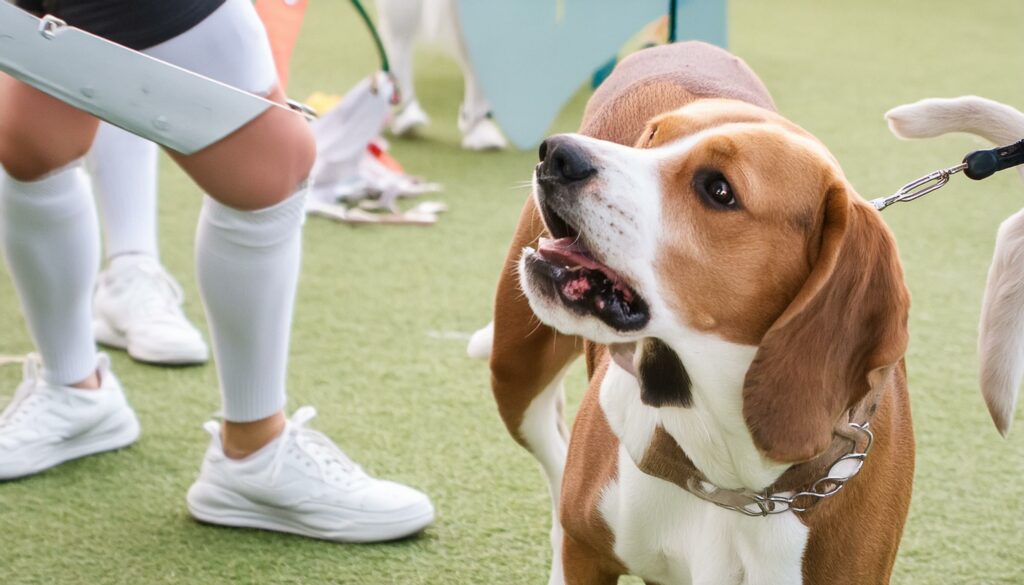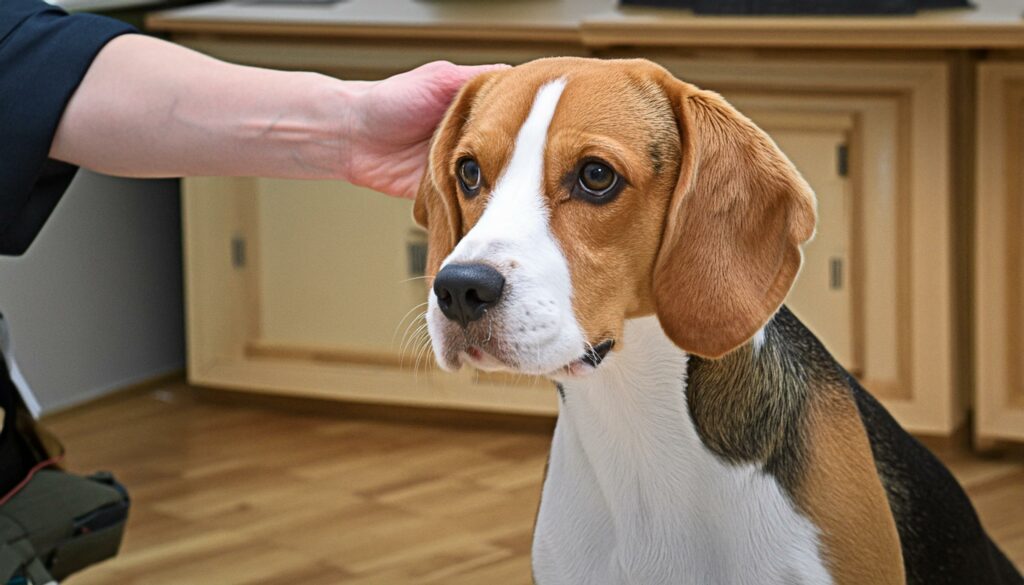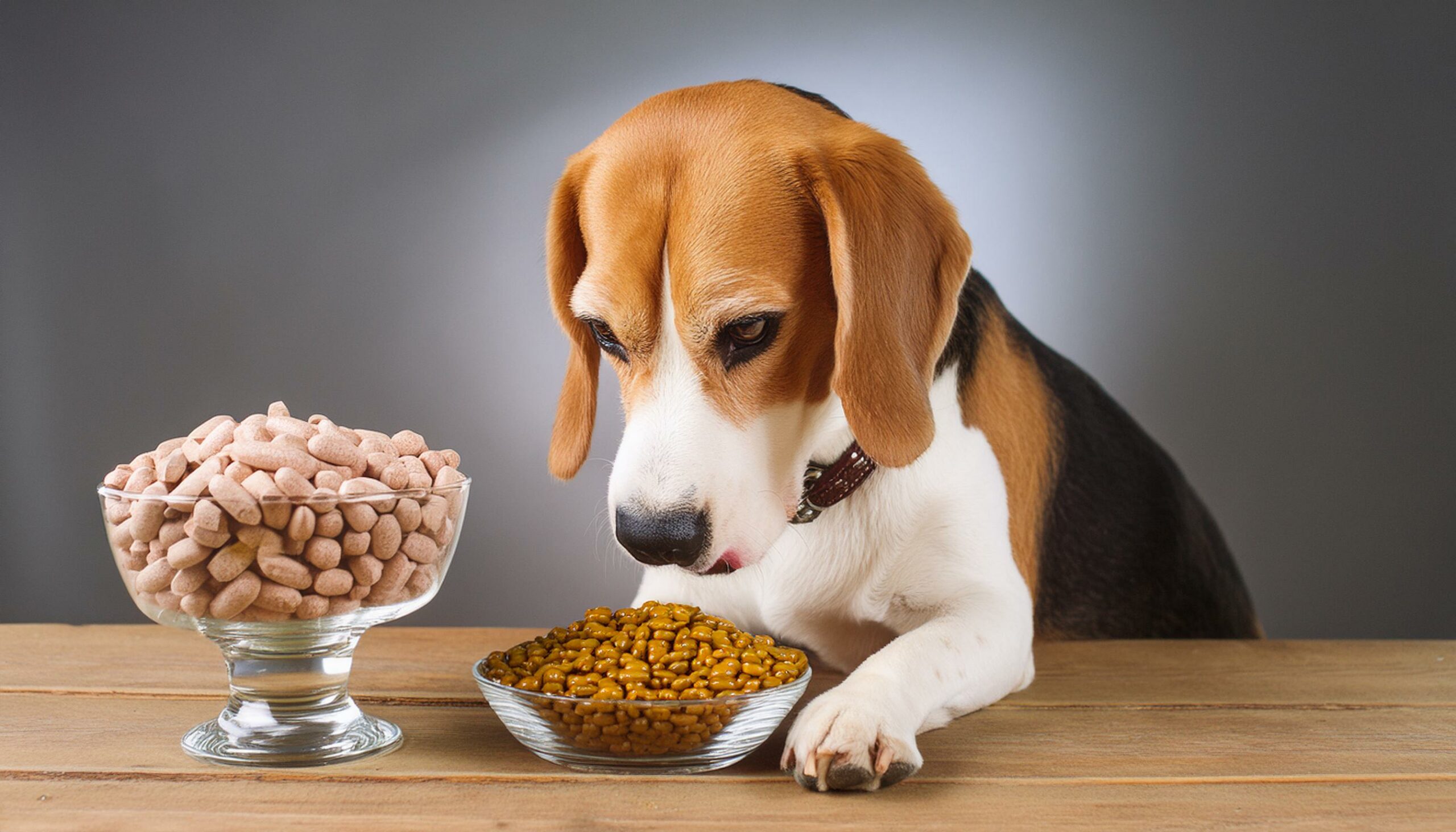Food aggression is a concerning behavior observed in dogs, including the beloved Beagle breed. This article aims to delve into the intricacies of food aggression in Beagles, exploring its definition, causes, signs, prevention methods, and management strategies.
Understanding Food Aggression
Food aggression, also referred to as resource guarding, occurs when a dog exhibits aggressive behavior in response to perceived threats to its food or possessions. This behavior can manifest in various forms, ranging from mild growling to more severe actions like snapping or biting.
Beagles: A Brief Introduction
Beagles, with their endearing expressions and merry dispositions, have earned a special place in many homes as cherished companions. Historically, Beagles were bred as scent hounds, prized for their exceptional tracking abilities during hunting expeditions. Today, they are valued not only for their hunting prowess but also for their affectionate nature and suitability as family pets.
Signs of Food Aggression in Beagles

Identifying food aggression in Beagles requires keen observation of their behavior around mealtime. Common signs may include growling or snarling when approached while eating, stiffening of the body, hovering protectively over food bowls, or displaying a reluctance to share food or treats.
Causes of Food Aggression in Beagles
Several factors can contribute to food aggression in Beagles, often stemming from a combination of genetics, upbringing, and past experiences.
Genetics:
Some Beagles may inherit predispositions to food aggression from their lineage, although individual temperament plays a significant role in behavior.
Lack of Socialization:
Insufficient exposure to various stimuli during the critical socialization period in puppyhood may lead to insecurity and possessiveness over resources like food.
Resource Guarding:
Beagles, like many dogs, may develop resource-guarding tendencies, perceiving food as a valuable possession to be protected from potential threats.
Preventing Food Aggression

Prevention is paramount in addressing food aggression in Beagles, and early intervention can significantly mitigate the risk of this behavior.
Early Training and Socialization:
Commence training and socialization exercises from a young age, exposing Beagle puppies to diverse environments, people, and animals to promote confidence and reduce anxiety.
Feeding Routines:
Establish consistent feeding routines, serving meals at designated times and in specific locations. Encourage calm and respectful behavior during meals, reinforcing positive associations with the feeding environment.
Managing Food Aggression
If food aggression behaviors are already present in a Beagle, proactive management strategies can help mitigate potential conflicts and ensure safety for both the dog and its human companions.
Establishing Boundaries:
Set clear boundaries around mealtime behaviors, such as requiring the dog to sit or wait before receiving food and refraining from approaching or touching the dog while it eats.
Seeking Professional Help:
Consult with a qualified dog behaviorist or trainer experienced in addressing food aggression issues. They can provide personalized guidance and behavior modification techniques tailored to the specific needs of the Beagle and its household.
Common Misconceptions About Beagles and Food Aggression
Dispelling misconceptions surrounding Beagles and food aggression is crucial for understanding and addressing this behavioral issue effectively.
Beagles are Naturally Aggressive:
Contrary to popular belief, Beagles are not inherently aggressive dogs. While individual temperament varies, most Beagles are friendly and sociable by nature.
Food Aggression Cannot be Managed:
With proper training, consistency, and patience, food aggression in Beagles can be effectively managed and, in many cases, significantly improved.
Conclusion
In conclusion, food aggression is a behavioral concern that may affect Beagles, but with proactive measures and appropriate interventions, it can be effectively addressed. Understanding the underlying causes, implementing preventive strategies, and seeking professional guidance when necessary are essential steps in fostering a harmonious relationship between Beagles and their human companions.
FAQs
Can food aggression in Beagles be completely eliminated?
While complete elimination of food aggression cannot be guaranteed, proactive management and training can significantly reduce its occurrence and severity.
Are Beagles more prone to food aggression than other breeds?
Beagles are not inherently more prone to food aggression than other breeds, but individual temperament and past experiences play significant roles in behavior.
Is food aggression a sign of a behavioral issue in Beagles?
Food aggression can indicate underlying behavioral issues, but it is not necessarily indicative of a Beagle’s overall temperament or disposition.
How should I react if my Beagle displays food aggression?
Remain calm and avoid confrontations. Implement management strategies and seek guidance from a professional behaviorist or trainer to address the issue effectively.
Can professional training help with food aggression in Beagles?
Yes, professional training and behavior modification techniques tailored to the specific needs of the Beagle can be highly effective in addressing food aggression issues.
